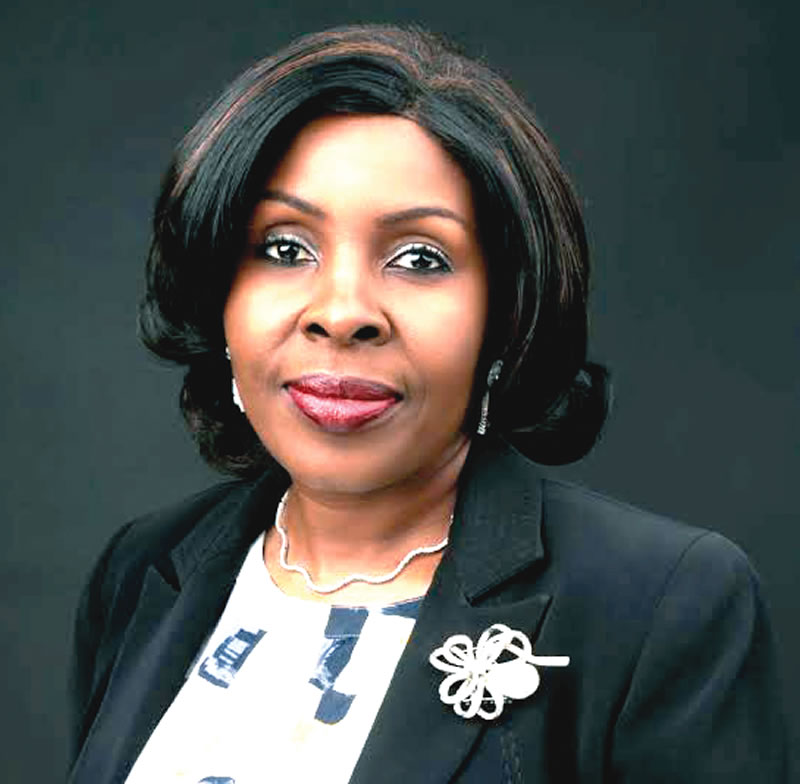
AKIN ADEWAKUN examines the ongoing impasse between the Federal Government and Labour unions over a new minimum wage. He explains that while the demand for a new minimum wage is justifiably expected against current socio-economic realities in the country, the contending groups must agree on a decision that will not further push a wobbly economic structure to collapse. Be more flexible in your demands —LCCI The views of another critical stakeholder, the LCCI, on the issue, seem to be in tandem with the above position. Speaking on the vexatious issue, the LCCI would want the nation’s organised labour to be more flexible in their demands. The chamber, through its Director General, Dr Chinyere Almona, urged the labour unions to consider labour productivity, supported by infrastructure, rather than high wages with weak productivity. It also appealed to all parties to consider a wage that reflects a good balance of economic realities, affordability, and sustainability. According to the group, the federal government’s proposal represents a significant increase, aimed at improving the livelihood of workers across Nigeria, and, as a result, imperative to acknowledge the fiscal constraints and economic challenges facing the various state governments. “Some governors under the Nigerian Governors’ Forum have already indicated their inability to meet the initially proposed higher minimum wage, citing budgetary limitations and the potential risk to essential public services,” it stated. The chamber, therefore, urged all parties to consider a wage that is within the financial capacity of both federal and state governments, since this, it added, will help maintain economic stability and prevent potential layoffs or cuts in essential services. While calling for the adoption of a wage that supports long-term economic sustainability, the chamber also argued that over-extending financial commitments could increase borrowing and debt, and adversely affect the nation’s economy. “We can avoid a situation where we force a wage on government and businesses, which will eventually lead to job losses, worsened poverty levels, and so much money chasing few goods,” Dr Almona stated. The chamber therefore called on labour to consider the government’s offerings and be concerned about how private businesses can afford to pay the set wage without considering shutting down operations or cutting jobs. “Beyond the new minimum wage, the chamber is more concerned about having a more productive economy with a robust infrastructural base supporting the economy,” it stated. The business advocacy group also urged the government to consider the implementation of special non-cash interventions that will see businesses spend less on production, remove the import duties on food imports and critical raw materials and drastically reduce the import duty exchange rate on agricultural input and other imports that have multiplier effects on prices. It also called for an aggressive metering programme on power supply, and more investment and regulation in the sector to boost power supply through more contractual discipline and gas supply guarantees, while also building infrastructure to support local production of essential medicines, and more spending to upgrade the nation’s public health facilities. “With the government’s commitment to providing these support systems to Nigerians, low-income earners will spend less on these expenditure heads and have a better living standard in the long run,” the chamber stated. But a finance expert and public affairs analyst, Mr Biyi Adesuyi, would rather attribute this perennial labour issue to the nation’s refusal to practise true federalism, noting that such negotiations should not be unitary in nature, but handled by the different federating units. “Nigeria is not running a true federal system. In a true federal system, the minimum wages of sub-national governments are not the same. For instance, the minimum wage paid in New York State is different from that of Hawaii in the United States. “In the First Republic, the Western Region’s minimum wage under Chief Obafemi Awolowo was higher than the Federal Government’s minimum wage paid by Prime Minister Tafawa Balewa,” he stated. Adesuyi, who is the Chief Executive Officer of Wealthgate Advisors added that each state should negotiate its minimum wage separately with the labour unions, according to its economic capacity. “Lagos State and Zamfara State cannot and should not be forced to pay the same salaries for workers and political office holders,” he stated. Adesuyi was also quick to submit that no amount of wage increment would solve the current economic crisis labour and Nigerians are presently facing in the country. He argued that rather than the frequent calls for increment in wages, the concerns of stakeholders should be on how the government would bring down inflation, considerably, to enable the least-paid worker to buy basic things like food, accommodation and healthcare for his family. “Even if the minimum wage is N200,000 and the necessities of life become unaffordable, the increase in the minimum wage will be a futile exercise. And, at the end of the day, we will be toying with hyper-inflation,” he added. On the probable implications for the nation’s small businesses, the finance expert argued the impact might not be significant since most SMEs don’t play by the rule when it comes to the issue of minimum wage. “From my experience as a banker, SMEs don’t pay the minimum wage. Most of them, especially the ones owned and managed by Asians, pay wages that are below the stipulated minimum. “Surprisingly, the NLC and TUC don’t fight the Chinese and Lebanese who treat Nigerian workers like slaves. I think the labour ministers have failed Nigerians in this aspect over the years,” he stated. ALSO READ: Eid-el-Kabir: Your sacrifices will not be in vain, Tinubu tells Nigerians Source: